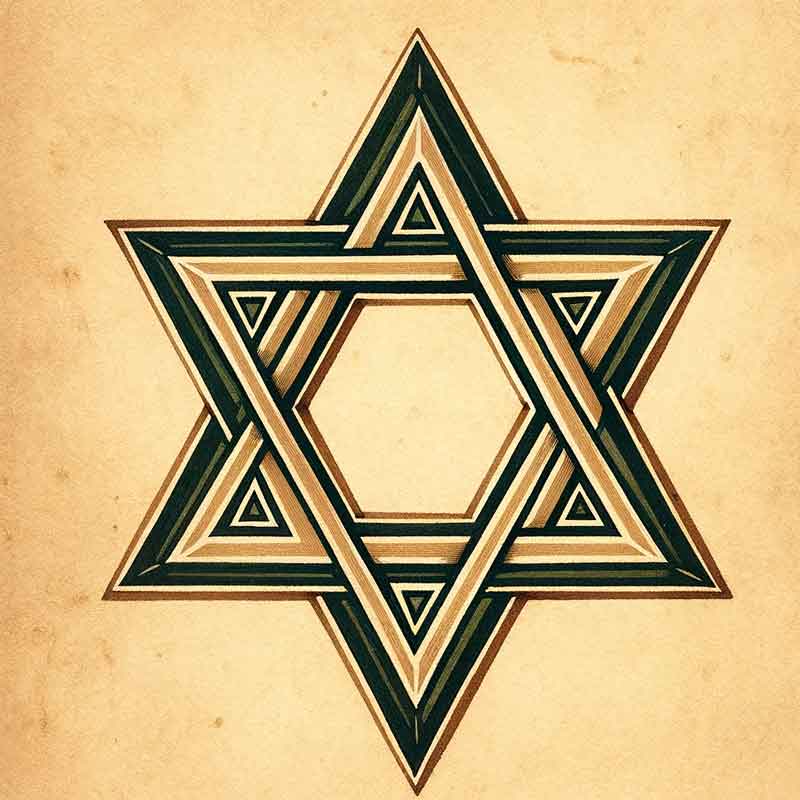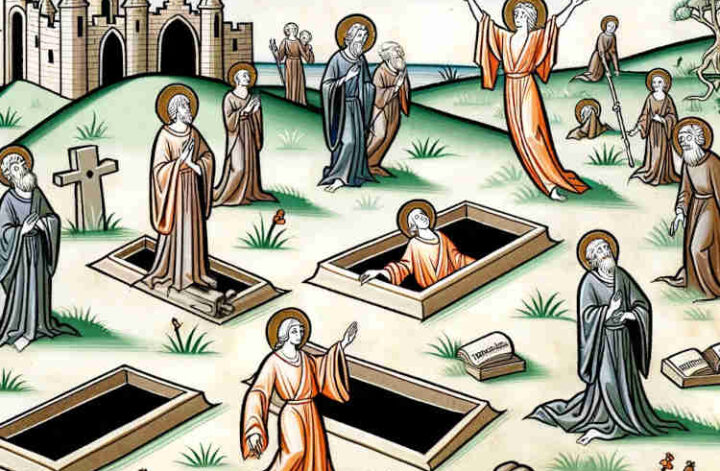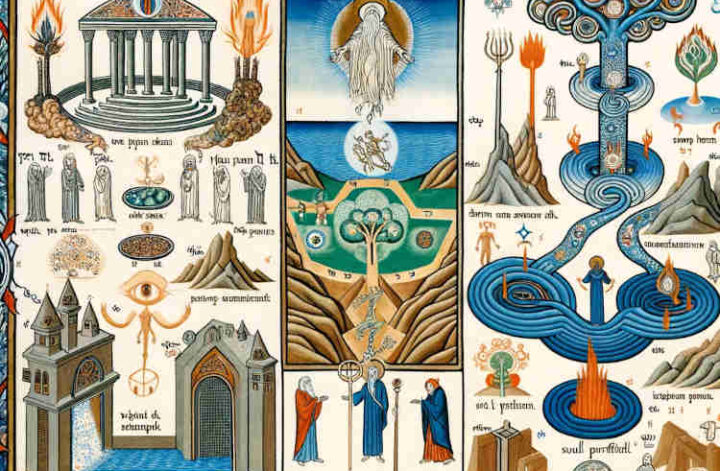Seeking Insight on Jewish Beliefs about Reincarnation
Email from Rachel Goldstein: “Hello Rabbi Joshua, I’ve come across references to reincarnation in some Jewish mystical texts, and it’s sparked my curiosity. Is reincarnation a belief in Judaism, and if so, how is it understood within the faith?”
Response from Rabbi Joshua
Shalom Rachel, your question touches upon one of the more mystical aspects of Judaism. Let’s explore this intriguing topic.
Reincarnation in Jewish Mysticism
Reincarnation, known in Hebrew as “gilgul neshamot” (גלגול נשמות), which literally means “cycle of souls,” is indeed a concept found within Jewish mysticism, particularly in Kabbalah. According to this belief, souls can return to the physical world in different bodies, providing multiple opportunities for rectifying past misdeeds, fulfilling commandments, and perfecting the soul.
Kabbalistic Views on Reincarnation
The idea of reincarnation is most prominently discussed in the Kabbalistic work, the Zohar, and was further expounded upon by later Kabbalistic scholars like Rabbi Isaac Luria, also known as the Arizal. They teach that reincarnation is a mechanism for spiritual correction and that each incarnation provides unique challenges and opportunities for the soul’s growth.
Variety Within Jewish Belief
It’s important to note that while reincarnation is embraced by Kabbalah, it is not universally accepted across all Jewish denominations. Some Jewish thinkers and sects, particularly those of a more rationalist bent like the followers of Maimonides, do not give it the same emphasis or may reject the concept entirely.
Reincarnation and Jewish Practice
For those who believe in reincarnation, it often serves to deepen the understanding of life’s purpose, emphasizing the significance of every commandment and action in the broader context of a soul’s journey through multiple lifetimes.
Contemporary Jewish Perspectives
In modern Jewish thought, especially within non-Orthodox movements, reincarnation is not a central tenet and is often viewed metaphorically or as a spiritual parable rather than a literal truth.
Conclusion
Rachel, the concept of reincarnation in Judaism, where it is accepted, offers a rich and complex layer to Jewish spirituality, suggesting that our souls are on a long journey of growth that extends beyond a single lifetime. As with many aspects of Jewish mysticism, it provides a profound narrative that can inspire a deeper engagement with life’s moral and spiritual challenges.
If you wish to delve deeper into this subject or have other questions, please feel free to reach out.
With blessings on your journey of discovery,
Rabbi Joshua


